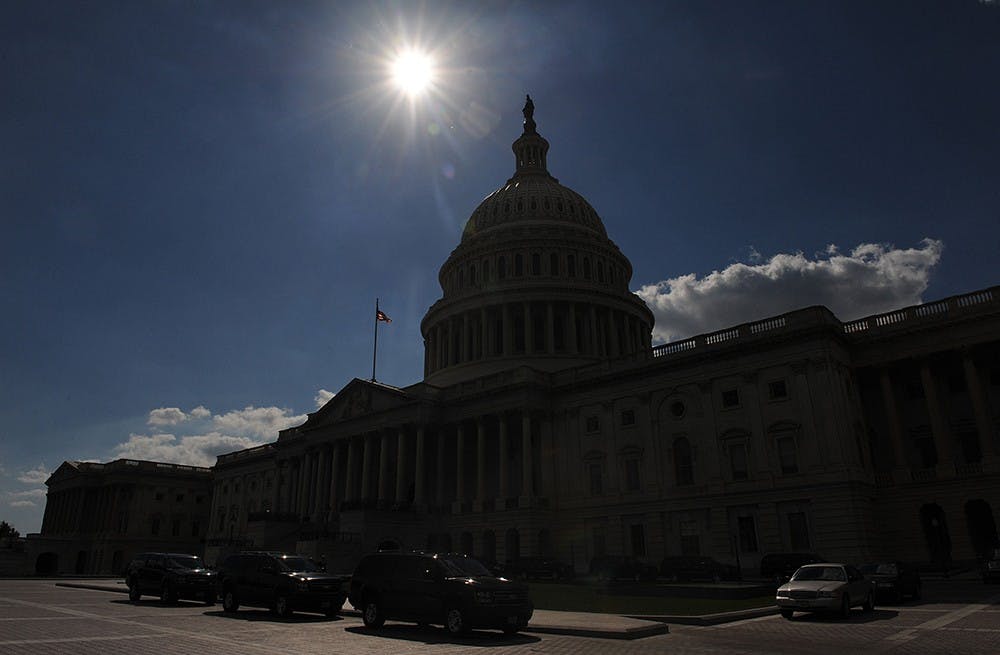NEW YORK — Warren Buffett likens it to a nuclear attack. Economists warn that government spending on programs like Social Security would plunge. The Treasury said the economy would slide into a recession worse than the last.
Yet you wouldn’t know that a U.S. debt default could amount to a nightmare from the way many companies and investors are preparing for it.
They aren’t.
The assumption seems to be that in the end, Washington will find a way to avert a default.
“Doomsday is nigh, and everyone shrugs,” said Nicholas Colas, chief market strategist at CovergEx Group, an investment brokerage in New York.
Brian Doe, a wealth adviser at Gratus Capital Management in Atlanta, has 35 clients who have entrusted him with $50 million for safekeeping. He isn’t losing sleep over a potential default. Neither are his clients, apparently. Not one has called him about the issue, he said.
“I’ve not done anything,” he said. He puts the odds of default very low. “People in Washington are stupid, but not that stupid.”
Marcello Ahn, a fund manager in Seoul, is more prepared, sort of. He doesn’t think the U.S. will default. But if it does, the economically sensitive stocks of shipbuilders and chemical companies will get hit especially hard. So he’s held off buying them.
But he hasn’t sold a single stock or made any big moves to protect his portfolio.
“We are not taking actions based on the worst-case scenario,” he said.
That worse case is inching closer, though. The Treasury said it will run out of money to pay its bills if Congress doesn’t increase its borrowing authority by Thursday. That includes paying interest and principal on already issued U.S. Treasurys, considered the most secure financial bet in the world.
Treasurys are used as collateral in trillions of dollars of loans rolling over every day. They also are the standard against which the riskiness of stocks and bonds are measured. A default would cast doubt on the value of those assets and throw the global financial system into chaos.
The Treasurys are a key reason many seem unprepared for the default. Why bother if you can’t really protect yourself? Or, as an official response from France’s Total oil company put it, “Nobody can imagine the consequences, so we don’t have any plans.”
Neither, apparently, does Sony Corp.
“There isn’t a whole lot that one company can actually do,” CEO Kazuo Hirai said Friday at the company’s Tokyo headquarters.
Still, the business world isn’t entirely unprepared. Big U.S. companies have hoarded cash since the financial crisis for fear of another credit crunch. And financial regulators, major banks and mutual funds have moved to shore up their defenses, too.





